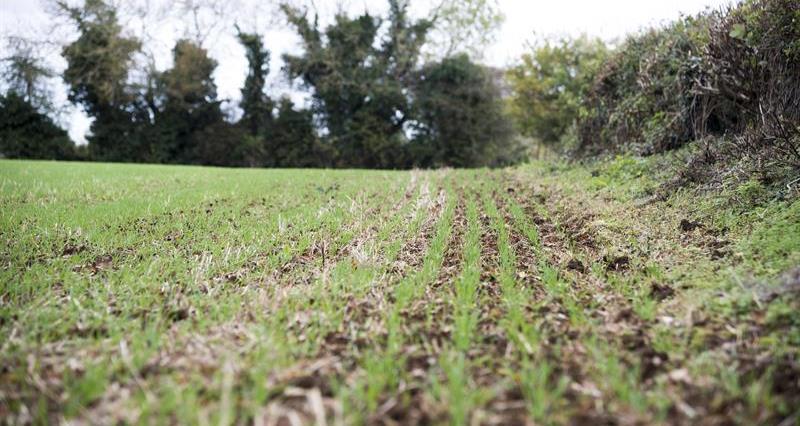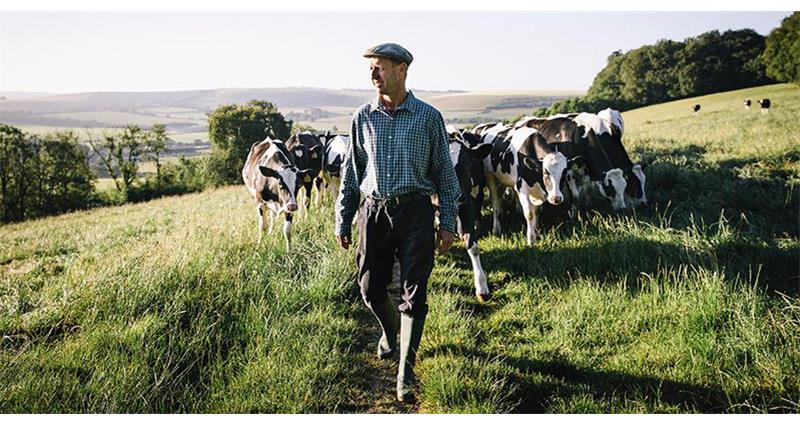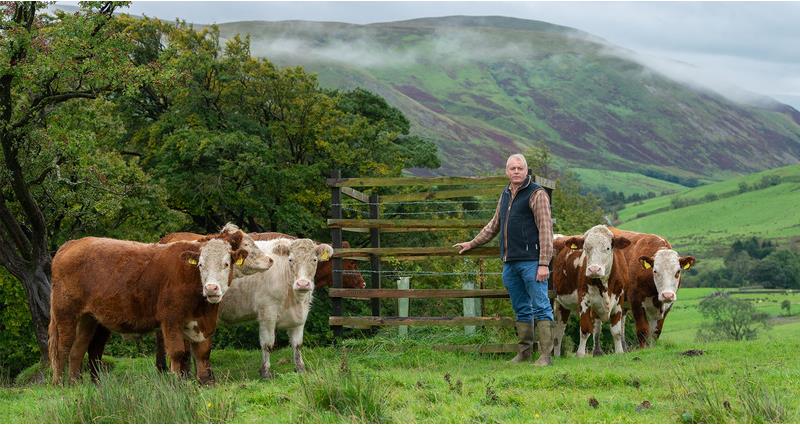The sector resilience plans make clear the areas where policy or industry support and investment are needed to unlock benefits for farming. They highlight where farms can improve efficiency while improving the sustainability of food production.
The plans were launched in 2023 and have been refreshed for 2025.
Take a look at the updated sector resilience plans.
Each plan outlines the commodity board’s latest priority areas for opportunities to improve resilience and encourage climate-friendly farming, the barriers we face, and the support needed from government, industry and R&D.
Keep reading to see what has been achieved so far and our keys asks moving forward.
Working for members – our key asks
- GHG audit support, for every farm to complete and act on a GHG footprint.
- Productivity investment in efficient technology and equipment to contribute to net zero.
- Plant precision breeding and genetics, for nutrient use efficiency and more resilient varieties.
- AHW, genetics and breeding, to increase take-up of genetic advancements, alternative inputs and production.
- Water and air management, with infrastructure and technology to improve water and air quality and to collect, store and distribute water.
- On-farm energy generation and storage, improving energy supply, grid technology, guidance and planning process for renewables.
Achievements to date
- SFI scheme – many of the actions that the NFU has been calling for are now included within the Sustainable Farming Incentive.
- Infrastructure grant funding, including the launch of the new Slurry Infrastructure Grant Scheme in November 2023.
- Business productivity schemes, including the Farm Productivity Grant and expansion of the Farming Equipment and Technology Fund.
- Government commitments for sector-specific investment, such as horticulture included in the Industrial Energy Transformation Fund.
- Facilitation of data harmonisation and sharing, with significant progress on GHG calculators.
- Passage of the Genetic Technology (Precision Breeding) Act 2023, with crop specifications relaxed due to weather extremes.
- Establishment of the Agricultural Supply Chain Adjudicator’s Office, to enforce cases of unfair contractual practices.
- Third year of progress against antibiotic use targets, representing the lowest antibiotics sales to date.
"The NFU sector resilience plans are a vital piece of work, providing a valuable resource for members to better understand how they can future-proof their businesses while improving the sustainability of food production.”
NFU President Tom Bradshaw
A collective ambition
NFU President Tom Bradshaw said: “The NFU Sector Resilience Plans are a vital piece of work, providing a valuable resource for members to better understand how they can future-proof their businesses while improving the sustainability of food production.”
“The plans are a collective ambition for the whole industry, and every farmer and grower can take part.”
“They also highlight to government and industry stakeholders where investment can unlock benefits for farming, allowing us to farm even more smartly, improving efficiency and reducing emissions.”
What’s the plan for my sector?
What's next?
Start future-proofing your business for sustainability and food production. Contact NFU CallFirst if you would like more information on how to achieve resilience for your business.



















